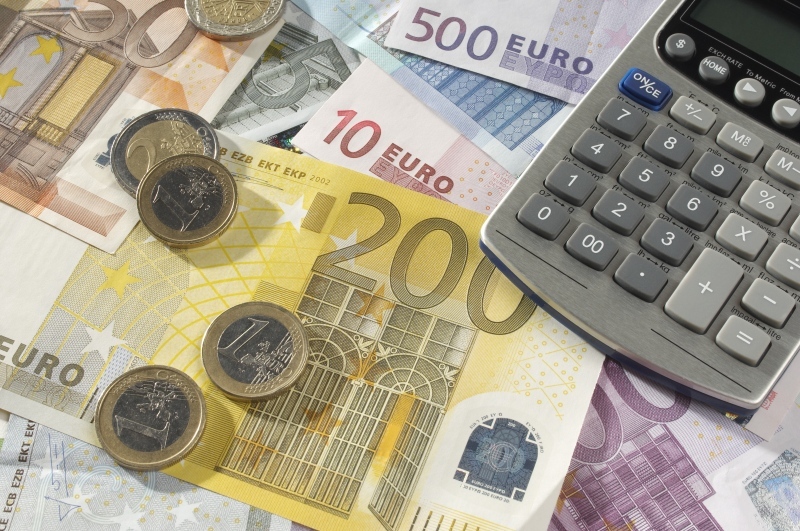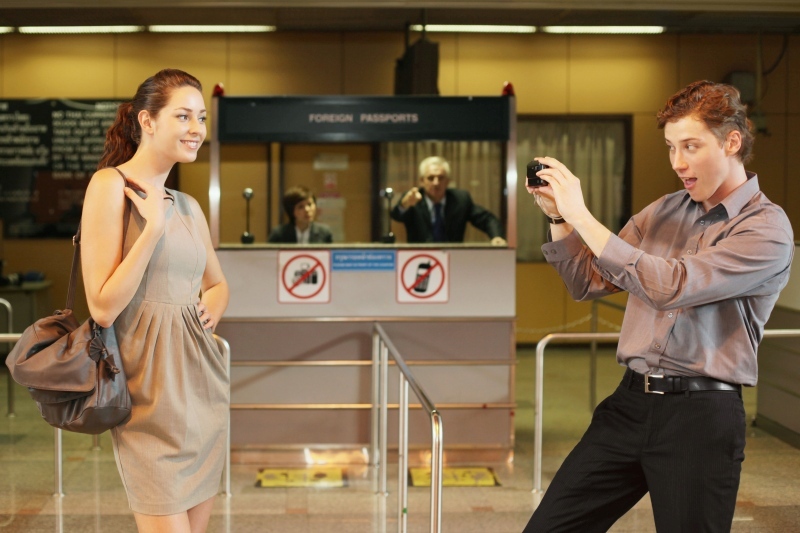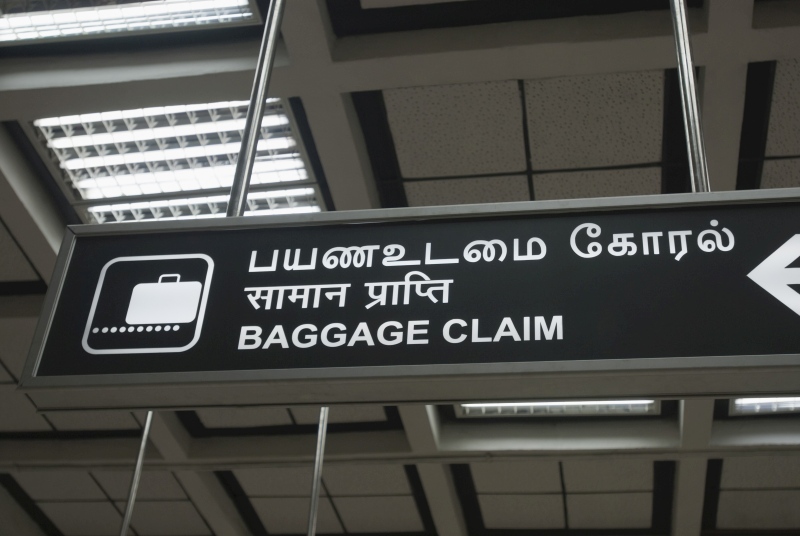Tourist rebate schemes seem like a great idea don’t they? Who doesn’t want to get some cash back after travelling overseas! But working through the numerous regulations surrounding tourist rebate schemes around the world can be baffling. Have you been unsuccessful in getting a rebate when buying something overseas – such as clothes, wines, duty free and souvenirs – or even been held up at customs for purchases that don’t meet the rules? Well, read on because this guide on tourist rebate schemes, compiled by Compare the Market will help you figure out how to successfully claim cash rebates.

Money and Calculator
Foreign travellers can claim a rebate for GST and VAT (Value Added Tax) on particular items such as fashion, goods and technology. VAT is the equivalent to the goods and services tax applicable in some countries, that is assessed depending on their value. These purchases, however, must meet strict rules.
For instance, the Australian Tourist Rebate scheme enables Aussie travellers to claim GST and Wine Equalisation Tax for certain items purchased in their home country, totalling $300-900, and then taken overseas permanently. Claims can be made on purchases within 60 days of leaving Australia, you must have the original tax invoice, and must also be worn or carried as hand luggage on the aircraft or ship as you leave Australia.
 Financial expert at Compare the Market, Rod Attrill says: “An estimated 11.1 million Aussies[3] returned from short stays overseas last year, and I suspect a significant proportion made the most of duty-free shopping. However, many tourists could be making additional savings by taking advantage of tourist rebates for goods bought both overseas and back in Australia. However, there are always rules and regulations that apply so it’s crucial for Aussie tourists to do their research into the specific tourist rebate schemes they want to claim under to ensure that they are getting the most bang for their buck.”
Financial expert at Compare the Market, Rod Attrill says: “An estimated 11.1 million Aussies[3] returned from short stays overseas last year, and I suspect a significant proportion made the most of duty-free shopping. However, many tourists could be making additional savings by taking advantage of tourist rebates for goods bought both overseas and back in Australia. However, there are always rules and regulations that apply so it’s crucial for Aussie tourists to do their research into the specific tourist rebate schemes they want to claim under to ensure that they are getting the most bang for their buck.”
Nine things to know about claiming on tourist rebate schemes
1. Know the required minimum spend to be eligible for a tax rebate
In each country and region there are specific minimum spend thresholds to enable you to successfully claim for a tax rebate. For example, in most countries in Europe, the minimum spend threshold is 175 euros ($284 AUD), while in Australia it’s $300 AUD. In the UK though, each store can also impose different spend thresholds for the VAT refund claim.
2. Know the required maximum spend to be eligible for a rebate
Overseas purchases that are brought back to Australia must not exceed $900 AUD (your ‘passenger concession’) if you want a rebate. However, you can combine the $900 purchase limit of all your adult travel companions to get your claim accepted. For example, if you buy a laptop for $2200 AUD and are travelling with two others, your combined passenger concession is $2700 ($900 x 3) so you will still be eligible for a rebate.

3. Know the goods you can’t claim against in your country of travel
Every country has rules for which purchase categories tourists can and can’t claim against. In the UK, for instance, you can claim a 20 per cent VAT refund on most goods and services except for basic food items, books and children’s clothing. In Australia, you can’t make claims on items such as alcohol, gift cards and vouchers.
4. Have your passport at the time of purchase
To be able to claim a tourist rebate, you will need to prove that you are a tourist. In countries such as Europe, UK and Japan, you must have your passport with you at the point of purchase or provide your passport with any receipts and the items you have bought at the international airport.
5. Know where to claim in each country
Making claims at the right place and time is important because this differs from country to country. Foreign visitors to Japan can receive an 8 per cent tax exemption for purchases between 5,000 – 500,000 yen ($66 – 6000 AUD) when they are bought at a tax-free store. The tax exemption application must be filed on the day to be eligible for the rebate. In many countries including Thailand, South Africa, Singapore and Europe, you can only make a claim at a major or international airport.
 6. Pay attention to the time of your purchase
6. Pay attention to the time of your purchase
In certain countries, you need to purchase an item within a particular time frame to be eligible for a rebate. In Australia, your item needs to be purchased within 60 days of departure[18]. In Europe, you must leave the EU with the goods you are claiming a rebate on within three months of purchase.
7. Know which stores offer rebates
Even if a country offers VAT refunds, you need to check with individual stores to find out of if they participate in the scheme. For example, in Thailand you can only make claims from stores displaying the ‘VAT Refund for Tourists’ sign. Whereas in Europe and the UK, you need to ask each store provider if they offer this service.
8. Find out if you need to take your purchase out of the country
Some countries base their rebate schemes on items that leave the country permanently, while purchases in other countries can’t be taken overseas if you want the rebate, period. In Australia, if you are buying a gift valued at over $1000 AUD, you can get your GST refunded which can be up to 10 per cent back[23], provided that the item does not come back into Australia.
9. You might be required to carry the goods in your hand luggage
Most countries require you to present the goods that you are claiming a rebate on or carry it with you. In Australia, the Tourist Rebate Scheme refund is only applicable for items that are being worn, or in your hand luggage.




